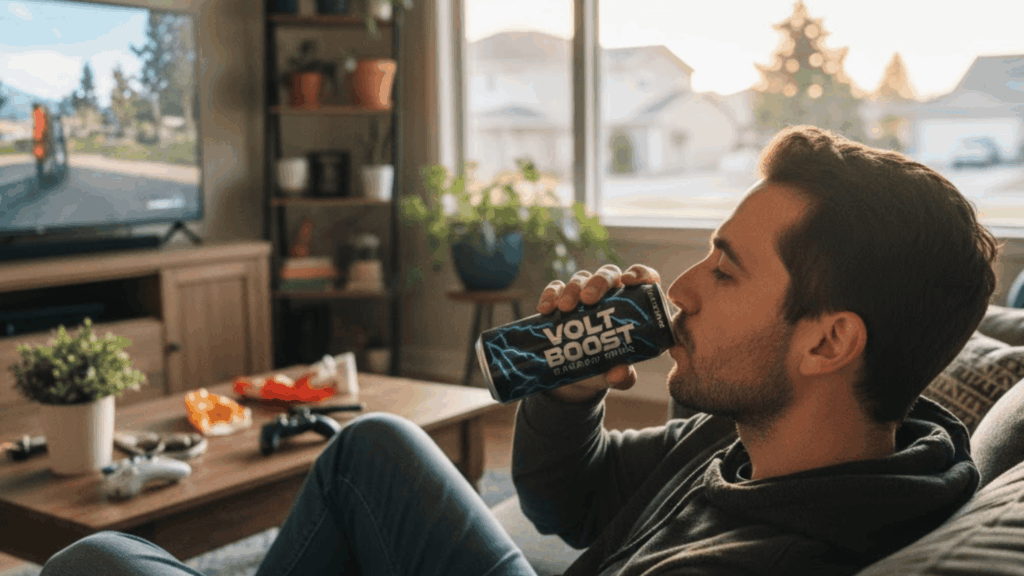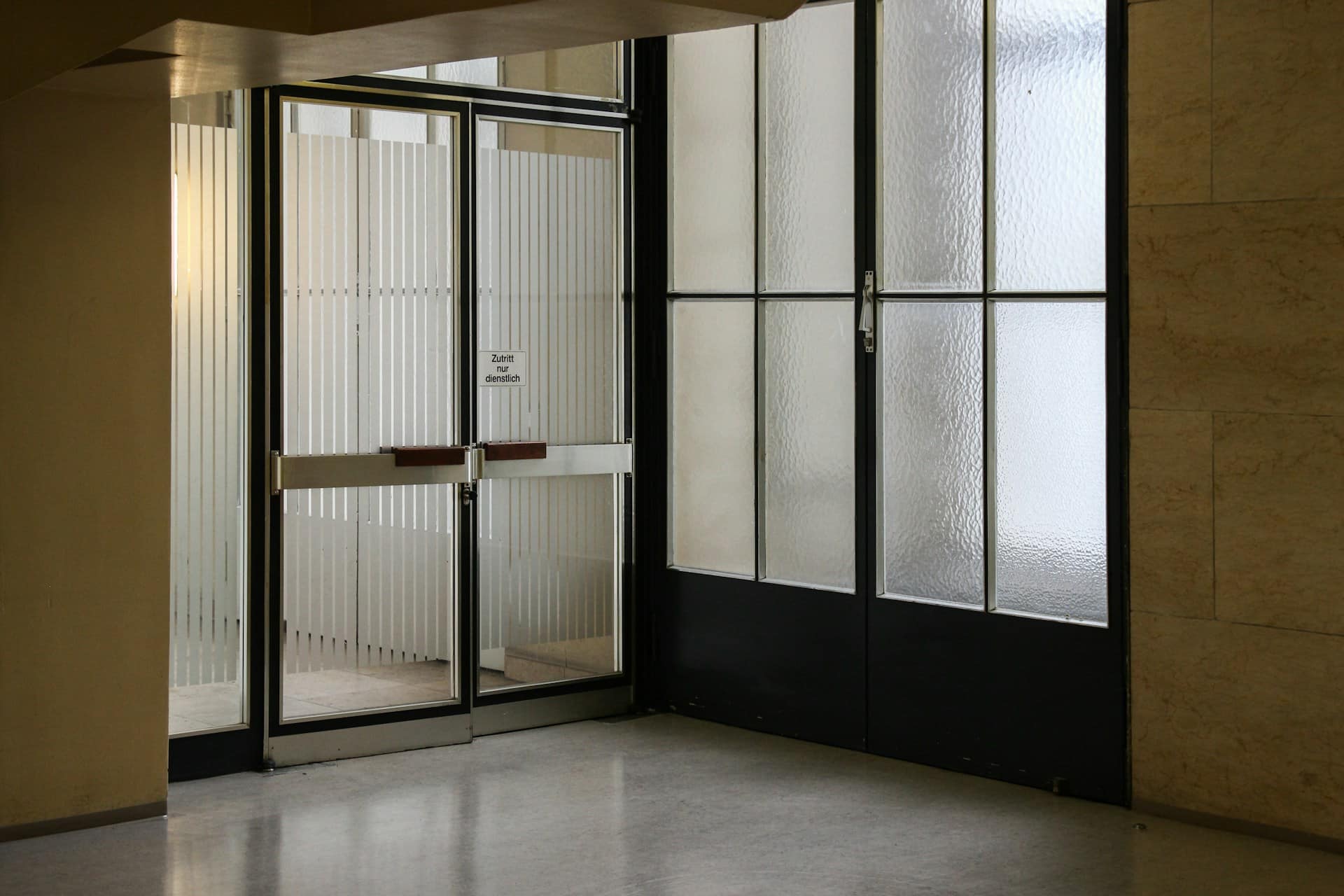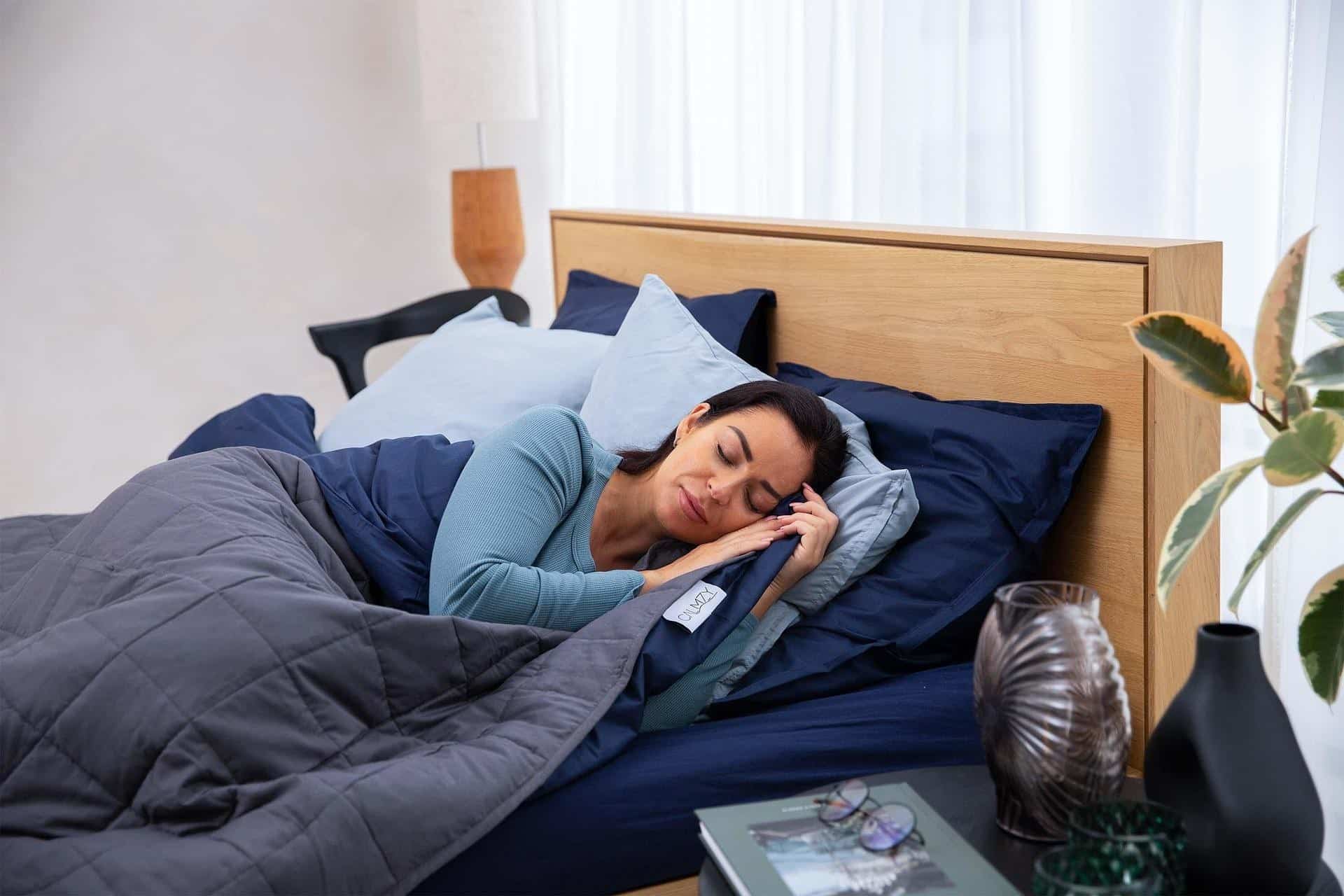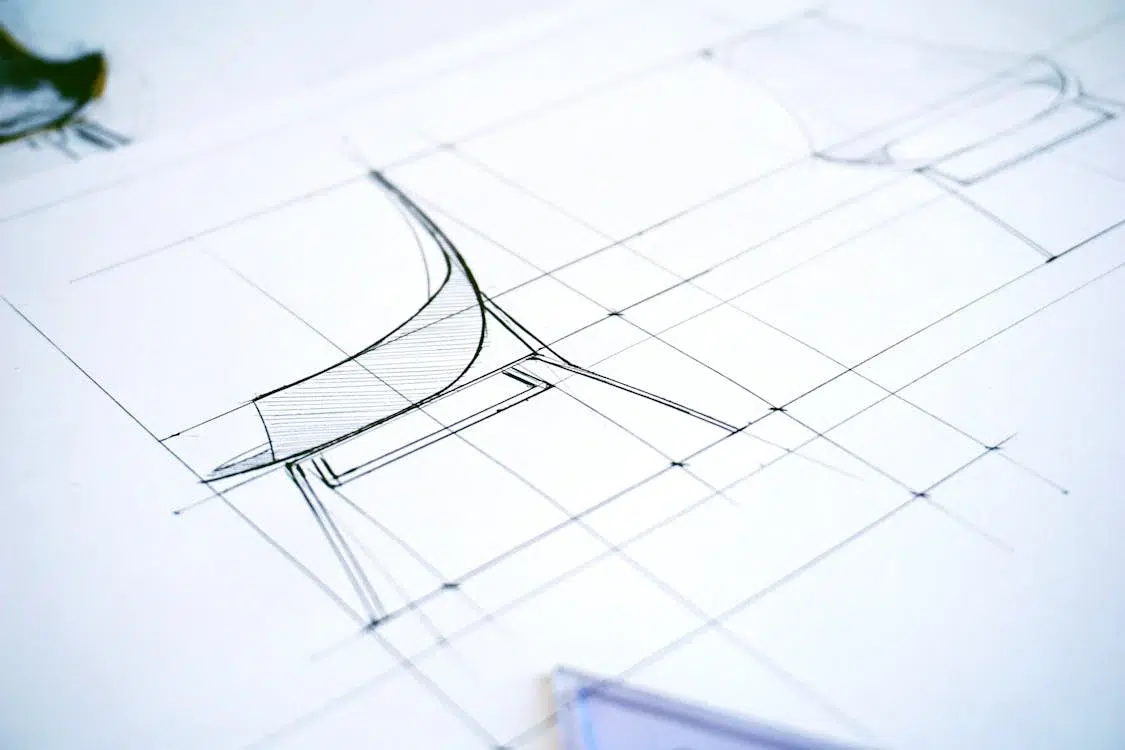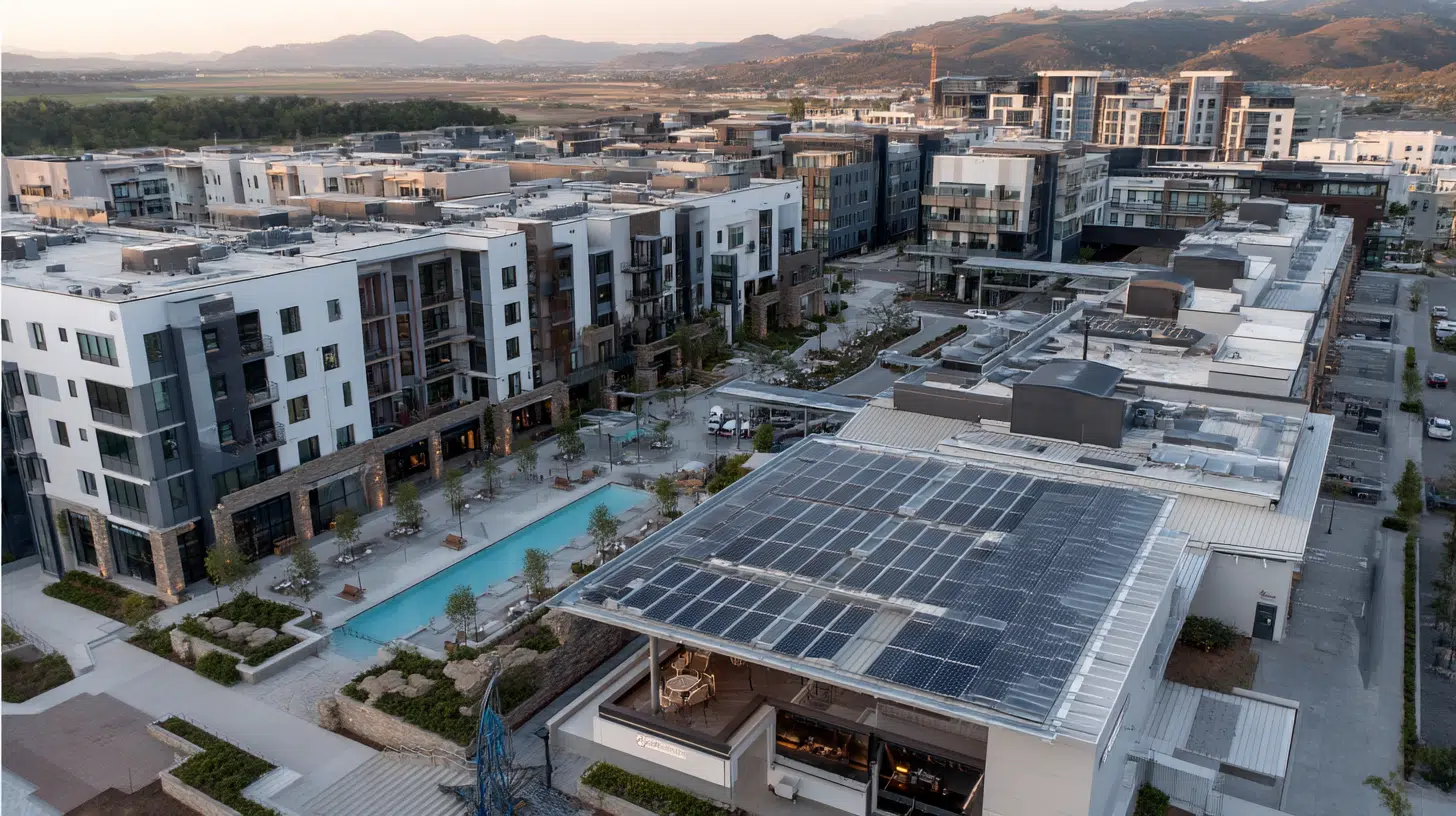Ever chugged an energy drink hoping to feel unstoppable, only to end up yawning 30 minutes later? Yeah, I’ve been there too. It’s weird, right?
These drinks are supposed to give you wings, but sometimes they just make you crash and burn. The truth is, there’s real science behind why that happens.
In this blog, I’ll break down how energy drinks actually work, why they sometimes make you sleepy, and how to avoid that tired crash afterward. We’ll also look at better ways to boost your energy naturally, without relying on caffeine.
So if you’ve ever wondered why your “energy boost” leaves you feeling drained, you’re about to find out exactly what’s going on inside your body.
How Energy Drinks Actually Work?
Before diving into why energy drinks sometimes make you tired, it helps to understand how they actually work. These drinks are designed to provide a quick sense of alertness by combining caffeine, sugar, and other stimulants.
Caffeine is the star ingredient; it temporarily blocks your brain’s adenosine receptors, the same receptors responsible for making you feel sleepy.
Here’s what’s really happening inside your body:
- Caffeine: It stops adenosine, your brain’s “sleepy messenger,” from delivering its drowsy signal. You feel focused and awake for a while.
- Sugar: Provides an instant energy rush, raising blood sugar quickly. But when levels drop again, you experience the classic sugar crash that follows.
- Extra Stimulants: Compounds like taurine, guarana, and B vitamins supercharge your alertness but can also overstimulate your system, interfering with later rest.
Once caffeine wears off, all that suppressed adenosine floods back, leaving you drained. In short, energy drinks are like borrowing power from your future self, and repayment comes with interest.
Why Energy Drinks Can Make You Tired
In short, Energy drinks may make you sleepy because of sugar crashes, caffeine tolerance, adenosine rebound, dehydration, poor timing, stimulant overload, or individual sensitivity.
Sounds like a lot? Don’t worry, let’s break down each one and what you can do to fix it.
1) Sugar Crash After the Spike
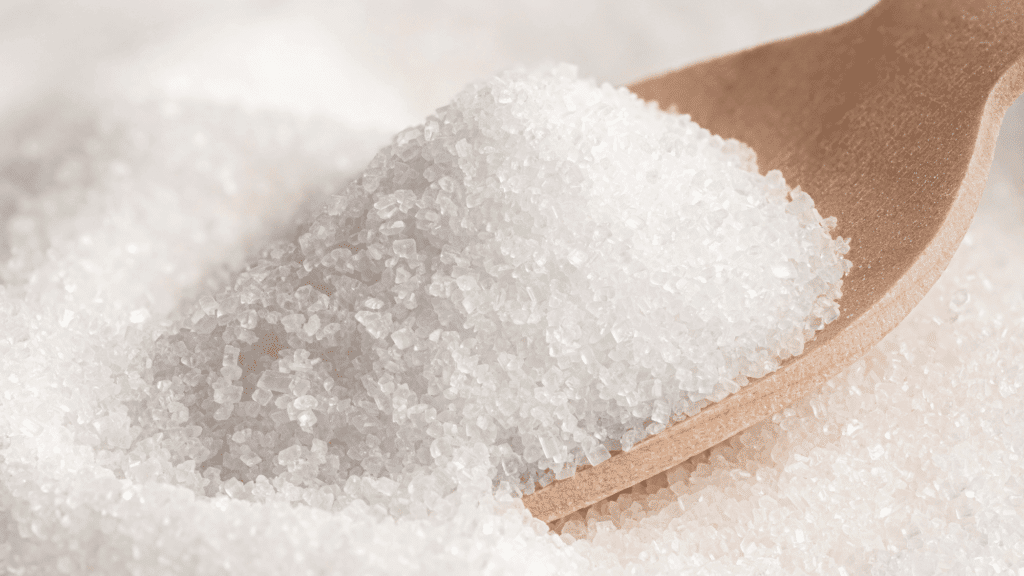
Many energy drinks are loaded with sugar, sometimes as much as 10 teaspoons per can. When you drink one, your blood sugar spikes fast, giving you that immediate rush.
But what goes up must come down. Within 1–2 hours, your blood sugar drops just as quickly, a process called reactive hypoglycemia.
What it feels like:
- Sudden fatigue and weakness
- Brain fog and trouble concentrating
- Irritability or mood swings
- Even stronger cravings for more sugar
The Fix: Pair your energy drink with protein or fiber, think a handful of nuts, some cheese, or a protein bar. Better yet, choose low-sugar or sugar-free versions. Your energy will last longer without the rollercoaster effect.
2) Caffeine Tolerance & Diminishing Returns
Here’s the thing about caffeine: your body gets used to it. If you’re drinking energy drinks every day, your brain adjusts to that caffeine baseline.
The same dose that used to perk you up now just brings you back to “normal.” You might not even feel more awake, just less tired than you’d be without it.
Over time, you need more and more caffeine to get the same effect. And when it wears off? The crash feels even worse.
| Daily Caffeine Use | What Happens |
|---|---|
| Occasional (1-2 times/week) | Full energy boost, minimal crash |
| Regular (daily) | Reduced effect, tolerance builds |
| Heavy (multiple drinks/day) | Little to no boost, harsh crashes |
The Fix: Take a 7–10 day caffeine break to reset your sensitivity. It might feel rough at first, but your energy levels will balance out. When you start again, keep your intake at or below 400 mg per day (about 4 cups of coffee or 2 energy drinks).
3) Adenosine Rebound (“Caffeine Crash”)
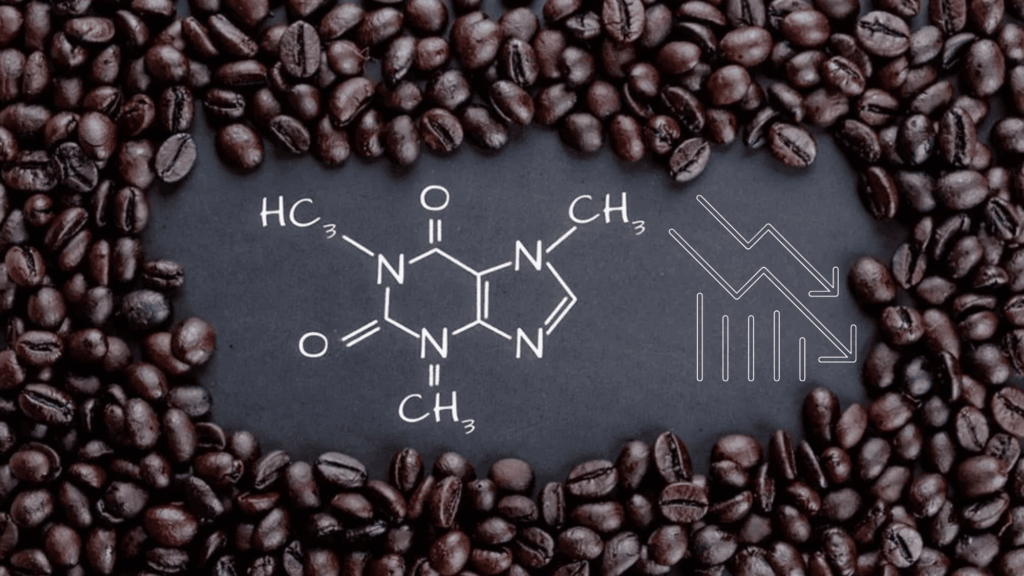
Remember adenosine, that sleepy messenger? While caffeine blocks it, adenosine doesn’t just disappear, it keeps building up.
Once the caffeine wears off, usually after 3–6 hours, all that backed-up adenosine floods your system at once. The result? A wave of exhaustion that hits harder than if you’d never had caffeine at all.
This is the classic “caffeine crash,” and it’s one of the main reasons why energy drinks make you tired later in the day.
The Fix: Choose smaller, earlier doses of caffeine. Drink before noon to avoid crashes during activity. Skip late-day energy drinks to prevent sleep disruption and a tougher tomorrow.
4) Dehydration from High Caffeine
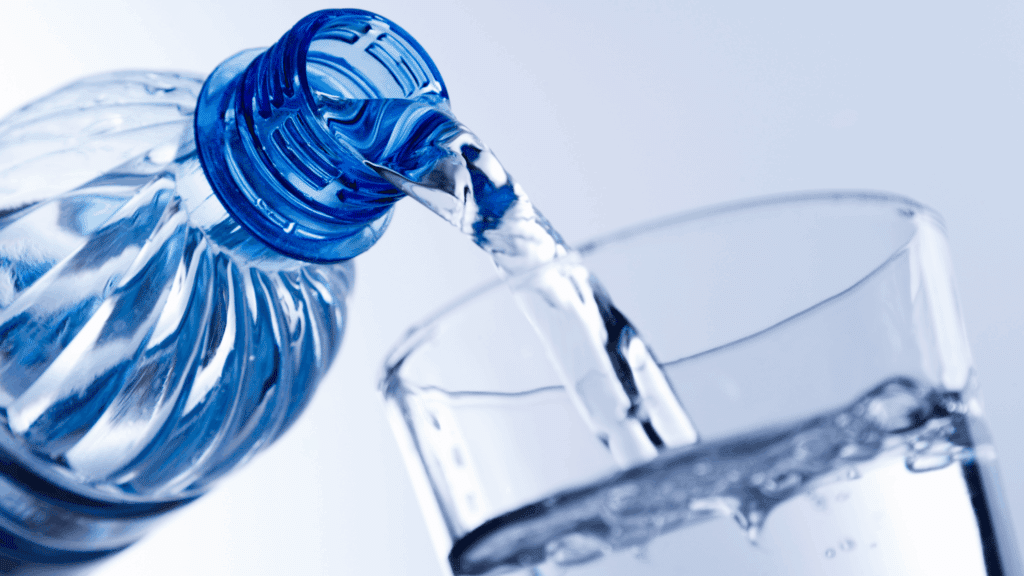
Caffeine is a diuretic, which means it makes you pee more often. That might not sound like a big deal, but even mild dehydration can zap your energy fast.
Signs You Might Be Dehydrated:
- Fatigue and sluggishness
- Headache or dizziness
- Dry mouth and lips
- Dark-colored urine
- Trouble focusing
When you’re dehydrated, your blood volume drops slightly, so less oxygen reaches your brain and muscles. The result? You feel tired, foggy, and weak.
The Fix: Follow the 1:1 rule; have one cup of water for every caffeinated drink. If you’re sweating a lot (like during exercise), consider adding electrolytes to help your body retain hydration better.
5) Sleep Cycle Disruption (Timing Matters)
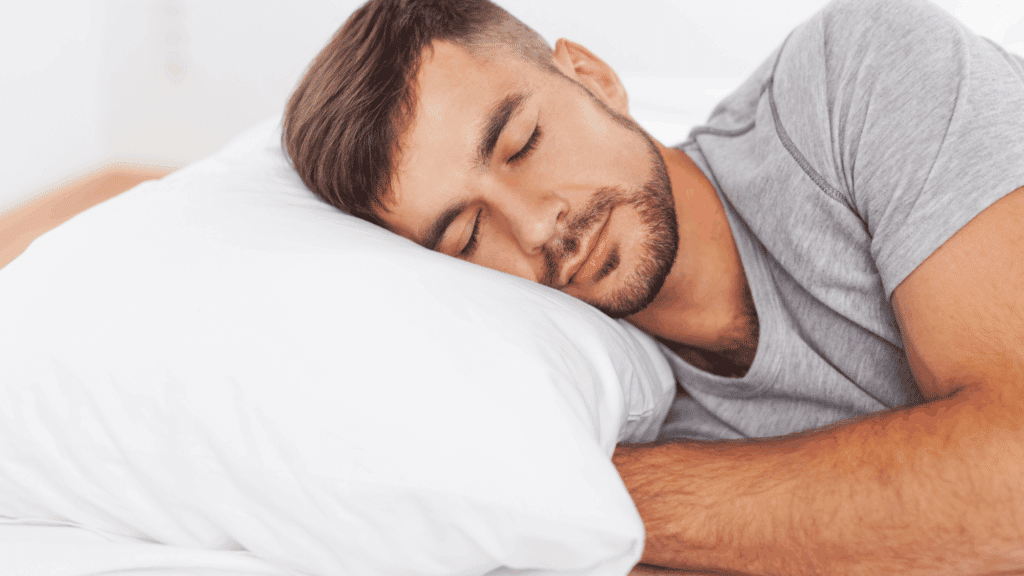
Drinking an energy drink at 4 PM might seem harmless, but caffeine can stay in your system for up to 10 hours. That means a late afternoon drink could still be affecting you at midnight, making it harder to fall asleep and reducing your sleep quality.
Poor sleep creates a vicious cycle: you’re tired the next day, so you reach for another energy drink, which disrupts your sleep again. Before you know it, you’re running on fumes and caffeine.
The Fix: Set a caffeine cutoff about 8–10 hours before bedtime. If you go to bed at 10 PM, try not to have caffeine after 12 PM or 2 PM at the latest. Your sleep will be deeper and more restful, so you’ll wake up with natural energy.
6) Stimulant Stack (Taurine, B-Vitamins) & Sleep Quality
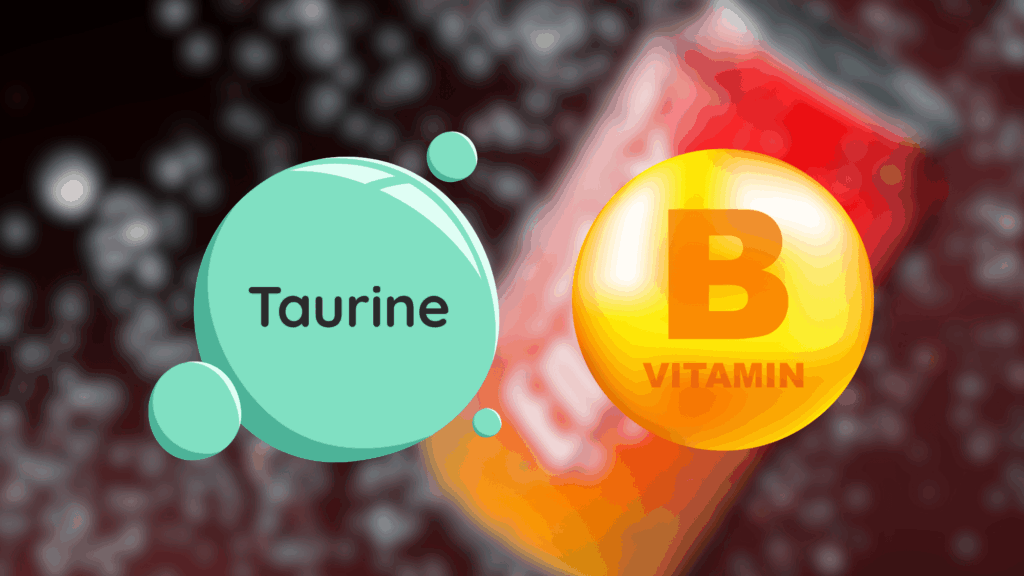
Energy drinks don’t just have caffeine, they’re packed with a cocktail of other stimulants. Ingredients like taurine, guarana (which contains even more caffeine), ginseng, and high doses of B vitamins all work together to amp you up.
For some people, this mix feels too intense. Instead of calm, focused energy, you get jittery, nervous energy that’s hard to sustain.
And when all these stimulants wear off together? The crash is even worse. Plus, this overstimulation can mess with your sleep quality, even if you manage to fall asleep.
The Fix: Choose simpler formulas with fewer active ingredients. Some brands focus on just caffeine and minimal additives. Also, track how you feel after different brands; your body might handle some better than others.
7) Individual Sensitivity, Meds, ADHD, and Health Factors
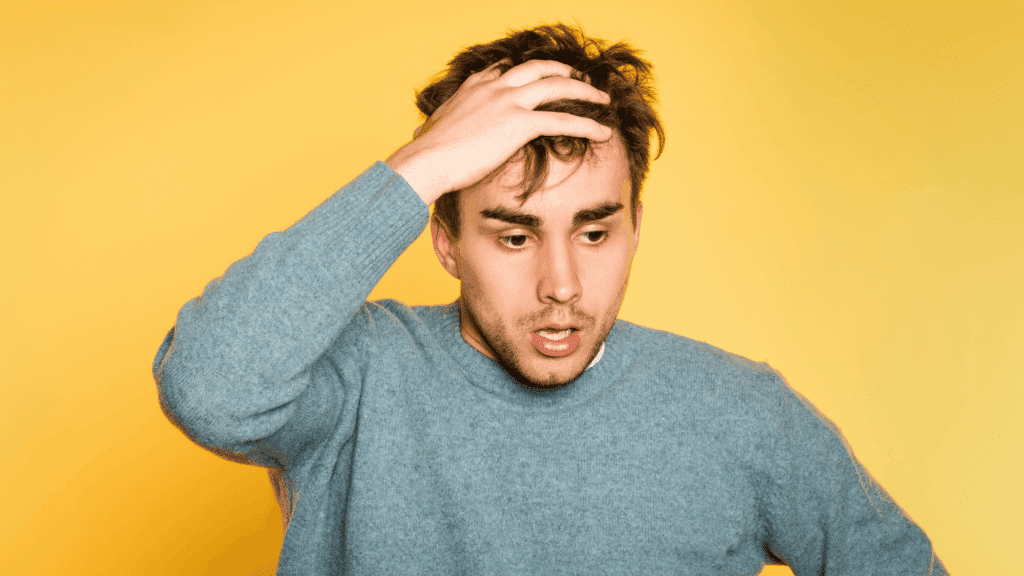
Not everyone processes caffeine the same way. Your genetics, metabolism, medications, and health conditions all play a role in how energy drinks affect you.
Factors that change caffeine response:
- Genetics: Some people are “slow metabolizers” who break down caffeine very slowly
- Medications: Certain drugs (like some antibiotics or heart medications) can interact with caffeine
- ADHD: People with ADHD sometimes feel calmer or even sleepy after caffeine because it affects their brain chemistry differently
- Health Conditions: Issues like GERD, anxiety disorders, or heart problems can make caffeine feel worse
If your reaction to energy drinks feels extreme, unusual, or concerning, it’s worth talking to a healthcare professional.
The Fix: Pay attention to your body’s signals. If energy drinks make you feel worse, they might not suit you. Find alternatives that better match your chemistry.
How to Avoid Getting Sleepy After Energy Drinks
Want to enjoy energy drinks without the dreaded crash? Here are some practical habits to keep in mind:
- Drink them early in the day (ideally before noon)
- Stay hydrated; match every energy drink with water
- Choose low-sugar and low-stimulant versions when possible
- Get consistent 7–9 hours of sleep each night
- Eat something with protein or fiber alongside your drink
- Avoid combining with alcohol or medications that increase fatigue
- Don’t drink them every day; save them for when you really need them
Healthier Ways to Boost Energy Without Caffeine
If energy drinks aren’t working for you, there are plenty of other ways to fight fatigue:
| Healthy Habit | What It Does |
|---|---|
| Hydrate Properly | Sometimes “tired” is just code for “thirsty.” Plain water or electrolyte drinks can work wonders. |
| Eat Balanced Snacks | Combine protein with complex carbs (like apple slices with peanut butter or Greek yogurt with berries) for steady energy. |
| Move Your Body | Even a 5-minute walk or some stretches can boost circulation and wake up your brain. |
| Practice Stress Management | Deep breathing, short breaks, or even stepping outside for fresh air can reset your energy. |
| Keep a Consistent Sleep Schedule | Go to bed and wake up at the same time (yes, even on weekends) to help regulate your natural energy rhythms. |
Final Thoughts
I’ve learned that energy drinks aren’t always the magic fix they seem to be. Sure, they can give a quick burst of energy, but the crash that follows often leaves me feeling worse than before.
Now I try to listen to my body instead, drinking more water, eating balanced meals, and getting real rest when I need it. It’s amazing how much better my energy feels when I do.
So next time you reach for an energy drink, think about whether your body needs fuel or just a break. Sometimes, slowing down is the real power move.
If this helped you understand why energy drinks make you tired, share it with a friend who might need the same wake-up call!


